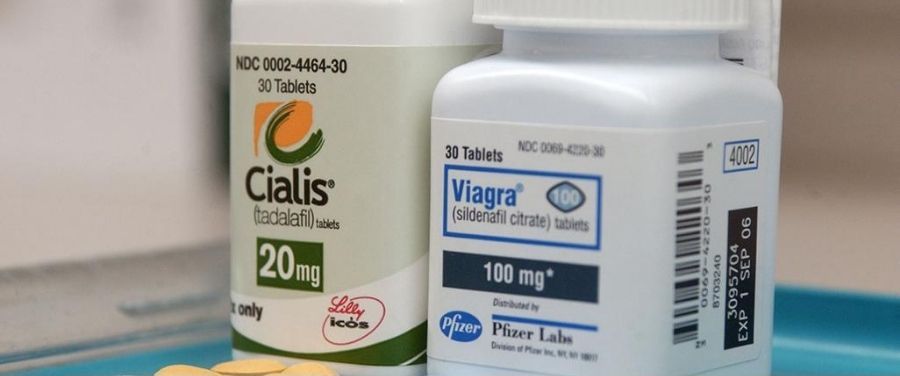GENERIC NAME— Tadalafil
VA Class— GU900
Molecular Formula— C22H19N3O4
DRUG CLASS— Phosphodiesterase Type-5 Inhibitors
BRAND NAME(s)— Adcirca, Cialis
What Is Cialis?
Cialis (Tadalafil) is a medication used to treat erectile dysfunction (ED), pulmonary arterial hypertension and benign prostatic hyperplasia (BPH). Cialis belongs to a group of drugs called Phosphodiesterase-5 Enzyme Inhibitors.
It works by relaxing muscles of the blood vessels and increases blood flow to particular areas of the body.
Tadalafil was approved for medical use in 2003 in the United States. It is available as a generic medication in the United Kingdom (UK) and United States (USA). [Trusted Source 1]
How To Use Cialis?
Tadalafil tablet is usually taken by mouth. Take this medicine with or without meal or as directed by your doctor. For impotence or erectile dysfunction (ED), take Cialis just before having sexual intercourse but not more than once per day. Dose can be increased from 10 mg to 20 mg. [Trusted Source 2]
Interactions:
Tell your doctor about all your medications you are currently taking, especially [Trusted Source 2] [Trusted Source 3] —
- Rifampin
- Riociguat
- Seizure medications
- Azole antifungals such as itraconazole, ketoconazole
- Medicines to treat erectile dysfunction or pulmonary arterial hypertension
- Drugs to treat high blood pressure or a prostate disorder
- Macrolide antibiotics such as clarithromycin, erythromycin
- HIV protease inhibitors such as fosamprenavir, ritonavir
- Hepatitis C virus protease inhibitors such as boceprevir, telaprevir
Precautions:
Before taking this medicine, tell your doctor or health care provider if you are allergic to Cialis (Tadalafil) or if you have a history of any other allergy.
Before using this medication, tell your doctor about your medical history, especially of [Trusted Source 2] [Trusted Source 3] —
- Heart disease
- A heart attack or stroke
- Kidney or liver disease
- Low or high blood pressure
- A severe loss of body water (dehydration)
- Bleeding disorders
- Active stomach ulcers
- Penis conditions such as angulation, fibrosis, Peyronie’s disease
- History of painful or prolonged erection (priapism)
- A blood cell disorder such as sickle cell anemia, multiple myeloma, or leukemia
- Eye problems such as retinitis pigmentosa, sudden decreased vision, NAION
This medicine is not expected to harm an unborn baby. Tell your doctor if you are pregnant or planning to get pregnant.
It is not clear whether the medication passes into breast milk. Consult your doctor if you’re breast—feeding. It is not approved for people under the age of 18 years.
What Are Side Effects Of Cialis (Tadalafil)?
Common side effects of Cialis include [Trusted Source 2] [Trusted Source 3] [Trusted Source 4] —
- Headaches
- Nausea
- Diarrhea
- Low blood pressure
- Dizziness
- Stomach upset
- Memory problems
- Muscle or back pain
- Abnormal ejaculation
- Blurred vision
- Prolonged erections
- Flushing (redness or warmth of the neck, face, or chest)
- Flu—like symptoms (such as sneezing, stuffy nose, or sore throat)
Tell your doctor if you have serious side effects; including —
- Ringing in the ears or sudden hearing loss
- A painful or prolonged erection lasting 4 or more hours
- Sudden decreased vision
- A light—headed feeling, like you might pass out
- Heart attack symptoms— nausea, sweating, chest pain or pressure, pain spreading to your jaw or shoulder
What Should I Avoid While Taking Cialis?
- Do not consume alcohol. Drinking alcohol with Cialis can cause side effects
- Grapefruit and grapefruit juice may interact with tadalafil and lead to many side effects
- Avoid the use of grapefruit products while taking this medicine
What Happens If I Miss A Dose?
The medication is used as needed, you are not likely to be on a dosing schedule.
What Happens If I Take An Overdose?
Seek emergency medical help or call the Poison Help line at 1—800—222—1222.
